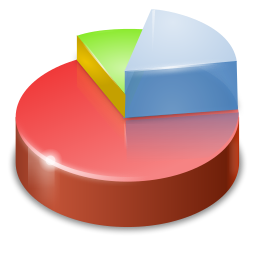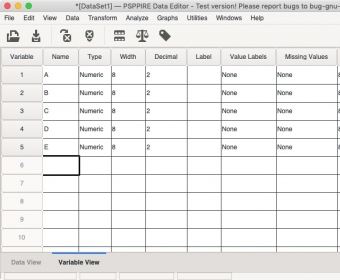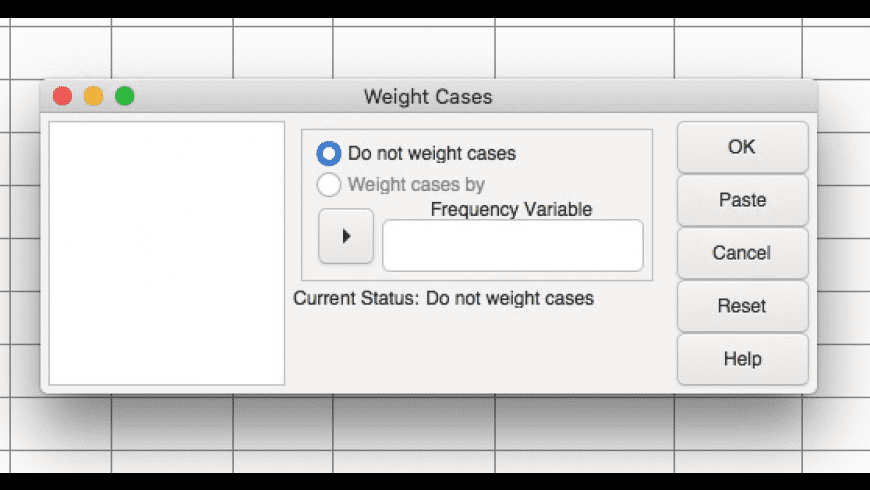Obtaining GNU PSPP
- Pspp Catalina Mac
- Pspp Catalina 2019
- Pspp Catalina Version
- Pspp Catalina Mac
- Pspp Catalina Free
- Pspp Catalina Software
- How To Install Pspp On Mac

PSPP is GNU software. You can obtain it the same way as with anyGNU software. PSPP should work on most modern computers and most operatingsystems. Systems which have been known to work include:GNU/Hurd,GNU/Linux,Darwin (Mac OS X), OpenBSD,NetBSD, FreeBSD, and Windows.
Binaries
Friedrich Am um 06:04 schrieb Michele Wang: HiI have downloaded pspp-1.4.0-2.dmg on a Mac running Catalina 10.15.7. For some reason PSPP is quite slow on my computer, I cannot scroll down or through the data view screen at all, and when I click in a box to type in itit takes a full 3. Scroll down and select 'Tools for SPSS Statistics Products Multiplatform' and then download the files relevant for your operating system (note that if you're using Chrome you'll need to switch from the default 'Download Director' to 'download from http' in the tab at the top).
GNU Linux
We do not distribute precompiled binaries of PSPP. Computers come with so many different archtectures, kernels, operating systems that it would not be feasible for us to do so. However most modern operating systems come with PSPP pre-packaged. To install it, you simply type apt-get install pspp in the case of Debian derived systems; or yum install pspp in the case of Red Hat derived systems.
Windows
We are currently not aware of any published builds of recent versions of PSPP for Windows.
MacOS
There are three ways to install PSPP on MacOS.
- The Application bundle provides the gui version via a normal installer. If you do not know what XCode is - go for this one.
- MacPorts. Run
port install pspp-develto get the latest and most featureful version of PSPP orport install psppto get an older but possibly better tested version (more information). - Homebrew. The PSPP brew tap also includes a description how to install the stable or the development version of PSPP.
Pspp Catalina Mac
Please note: Because the PSPP developers have not prepared these binaries, we cannot in general vouch for them.
Source
If you want to compile and install PSPP yourself, you can get the source code fromhttp://ftpmirror.gnu.org/pspp.Should this link be unavailable or unreasonably slow, please select a local mirror site.Once you have downloaded the tarball, refer to the INSTALLfile for installation instructions.
Development Versions
PSPP is under continual improvement. You can get development versions if you are interested to see what the developers are working on. Development versions have undergone less testing than released versions.
You can fetch the latest development sources fromthe Savannah GITrepository.The installationprocedure is more complex than for released versions, so werecommend this only for developers.
Automated builds of the developmentversions are performed typically every day.

Pspp Catalina 2019
Updated 7/8/2021
Pspp Catalina Version
What about cryptographic signing and error messages when you try to install free statistical software for Macs? See our “signing page.” ... and does this work on Mojave? Is it signed and 64-bit?

Meet the free SPSS clones
I have taught statistics using JASP, Jamovi, and PSPP. Each has advantages and disadvantages, and there is nothing stopping you from using all three depending on what you are trying to do. Ironically, each one has a much faster user interface than SPSS—and all import and export SPSS .sav and syntax files.
JASP is a fork of (it was originally based on) Jamovi; both are still under active development, which have fairly similar user interfaces, and both saved a good deal of time and trouble by not reinventing the wheel—they are essentially user interfaces for another statistics program, the hard-to-learn-and-use R.
Pspp Catalina Mac

| JASP | Jamovi | PSPP | |
| Regression | Stepwise, forward, backward | Enter (supports multi-step) | Enter (one step) |
| Missing values | Program-wide only | By variable | By variable |
| Statistics engine | R | R | PSPP |
| Signed | Yes | Yes! | No |
| M1 native | Source, not binary | Source, not binary | Source, not binary |
The programs have spreadsheet-like data editors, but it's best to prepare information for them somewhere else; they let you computer variables, but in a clunky and hard to use way. Importing variable labels and missing values from SPSS files sometimes fails (I've only seen the missing values problem on Windows), a major drawback to programs that will read SPSS files otherwise.
Pspp Catalina Free
| JASP and Jamovi | PSPP | |
|---|---|---|
| t-tests | Shared variance only | Shared and unique variance |
| Cost | Free | Free |
| Output | Copies as tables | Copies as plain text |
| More modules? | Yes | No |
| Windows | One triple-pane window | Three windows |
| Syntax | No | Yes, SPSS |
| Contextual help | Yes, nicely integrated | No |
| Can log commands to a file | Yes (can’t easily replay) | In theory/not working |
| Mac open/save/print boxes | No | No |
| Can use as SPV file viewer | Yes |
Pspp Catalina Software
JASP and Jamovi share lightning-fast speed; a wide range of statistics, with extra plugins on Jamovi; and easy installation on Macs, Windows, and Linux. Their basic interface has an Office 365-style open/save/print/export tab; options on the left, output on the right layout; instant changes to the output if you change the input; and export of both data and output, as desired.
How To Install Pspp On Mac
There’s a third SPSS clone, one which keeps most of the user interface from a relatively ancient version of SPSS: PSPP. At the moment there are some nasty bugs, but overall it might be easier for many people to use than JASP and Jamovi. It's easier to master if you're used to SPSS, but development has been very slow and JASP and Jamovi may be better options for that reason—unless you do a lot of computes and recodes and other data manipulation, or do a lot of t-tests. Then PSPP is the best choice.